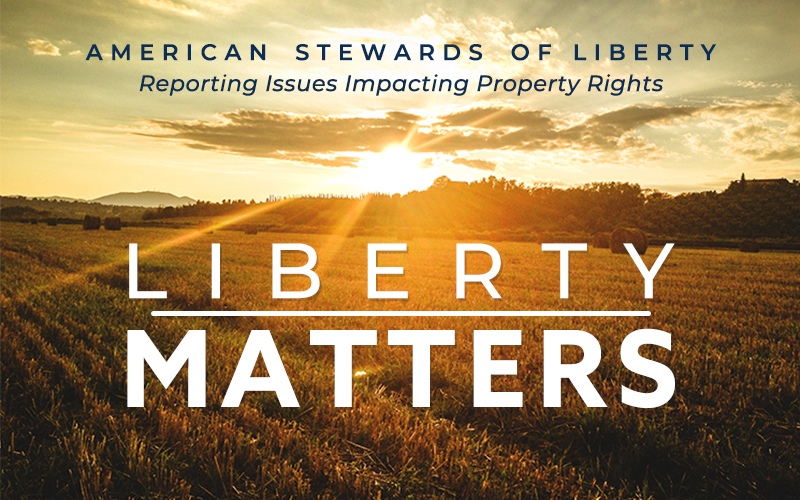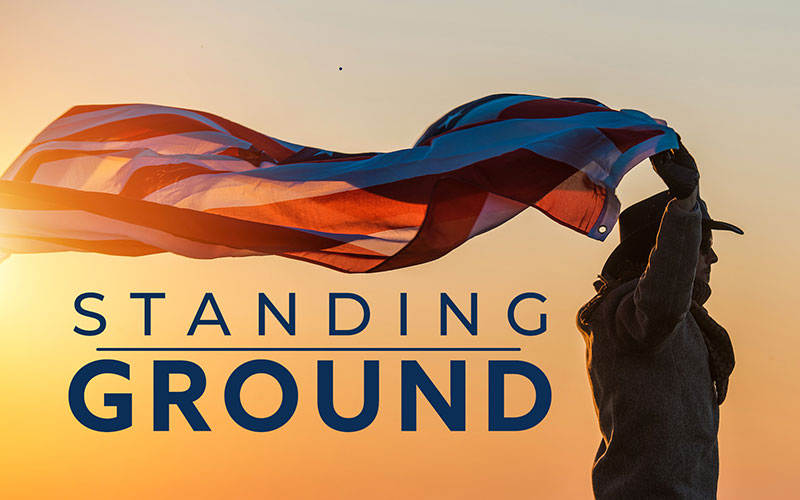On August 22nd, the South Dakota Supreme Court ruled that Summit Carbon Solutions (SCS), the company trying to build a carbon-capture pipeline through the state, did not prove it is a “common carrier.”
That is significant because SCS had been claiming that because it was a common carrier, they were allowed to take private property for public use. Over 80 landowners had been condemned and subjected to destructive surveys where SCS trespassed without permission destroying crops without adequate compensation.
Normally, a common carrier transports goods for the general public in exchange for a fee, such as oil through a pipeline, and is allowed to use eminent domain.
However, the Supreme Court ruled that SCS did not prove that it’s “holding itself out to the general public as transporting a commodity for hire”…and “it is thus premature to conclude that SCS is a common carrier, especially where the record before us suggests that CO2 is being shipped and sequestered underground with no apparent productive use.”
Further, the Court ruled the South Dakota Constitution “guarantees a jury determination of any damages caused during the surveys and thus comports with South Dakota’s unique constitutional guarantees regarding property rights.”
Attorney Brian Jorde is representing over 1,000 landowners affected by SCS’s project and claims the ruling validates what he and his clients have argued for three years.
South Dakota Rep. Karla Lems (R-Canton), along with Rep. Julie Auch (R-18) have fought multiple legislative sessions to try and overturn the use of eminent domain by carbon pipelines, with no success.
However, Lems stated: “The same arguments (CSC was not a common carrier) that were offered on the House floor are now upheld by the Supreme Court.”
Last session, the South Dakota Legislature passed Senate Bill 201, dubbed the “Landowner Bill of Rights,” but landowners were not supportive nor pleased. The bill, once again, failed to repeal the use of eminent domain by carbon pipeline companies and allows pipeline companies to seek a state permit.
Landowners don’t believe the bill protects their property rights and still have concerns for their safety over potential pipeline leaks. Because of those concerns, they organized an effort and obtained the 38,000 signatures necessary to have the legislation referred to the voters on the Nov. 5 general election ballot.
The Supreme Court decision, along with the referendum to reject SB 201, proves how determined and resolute landowners are to protect their private property. They are standing, and winning, against an $8 billion pipeline project that is supported by $18 billion federal tax credits. Well done!





